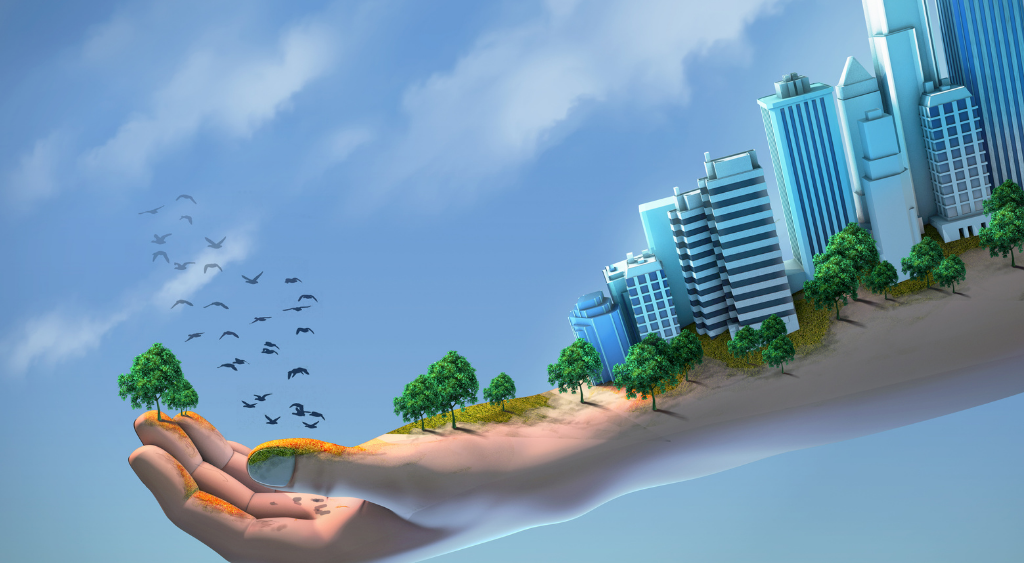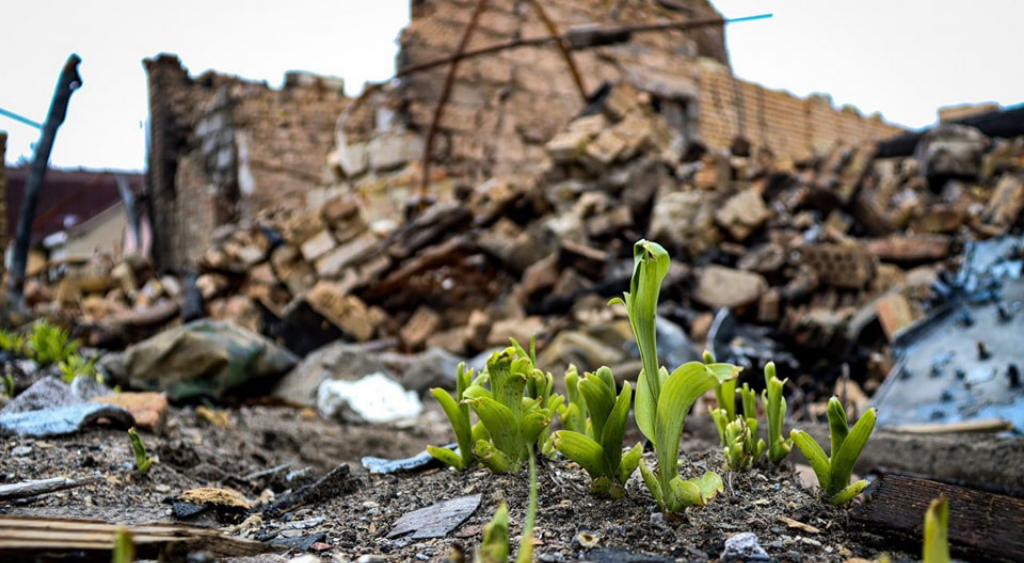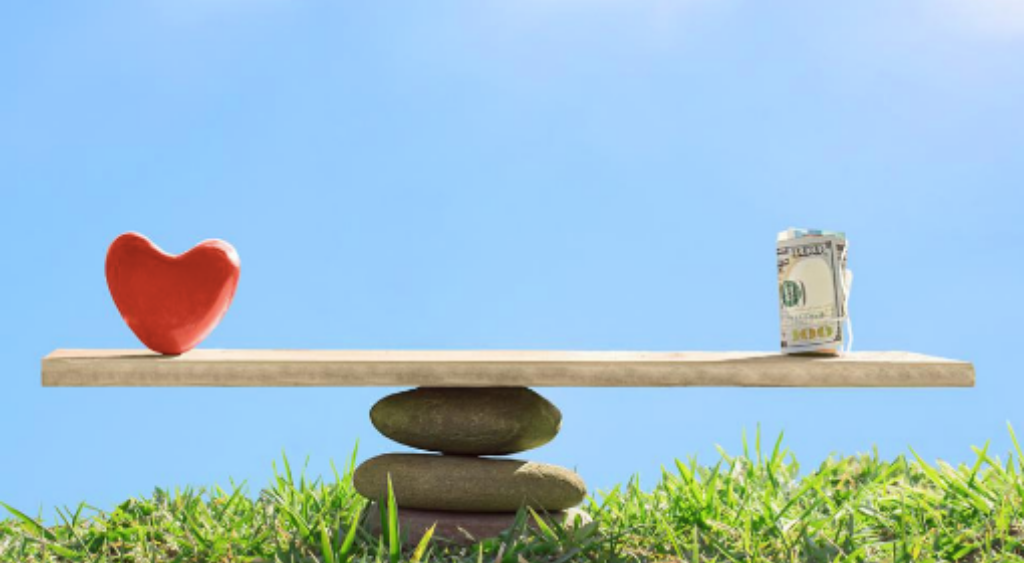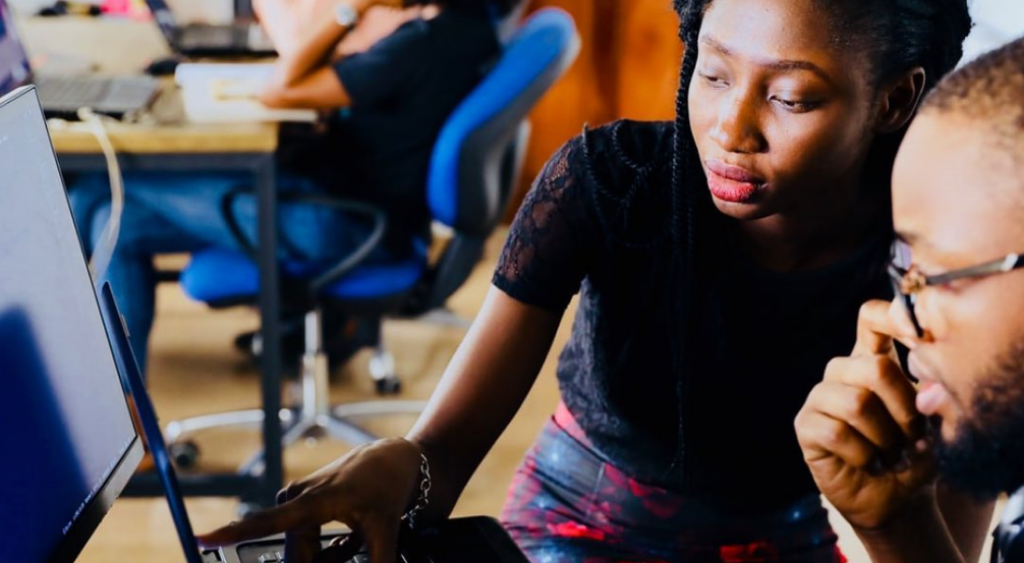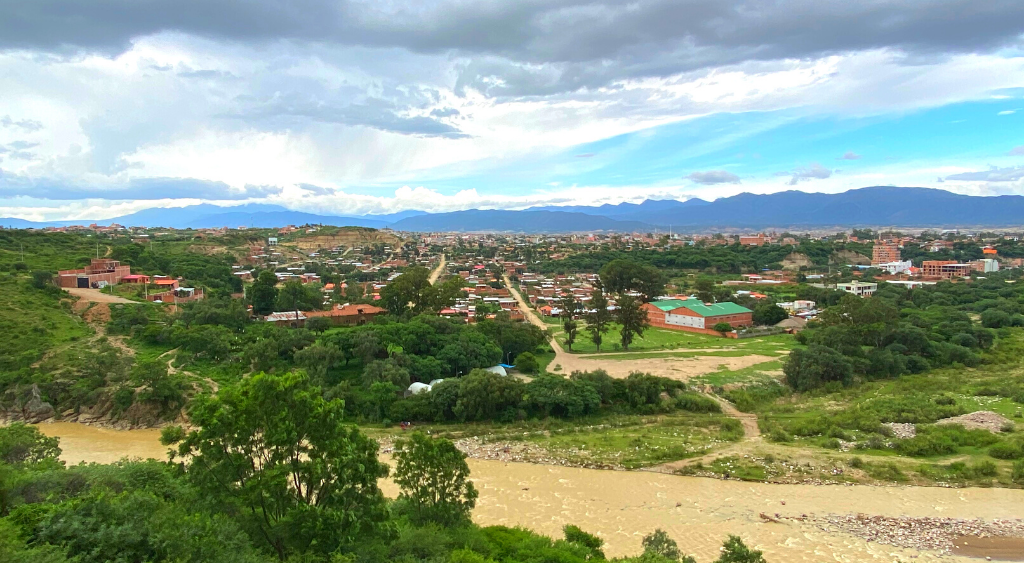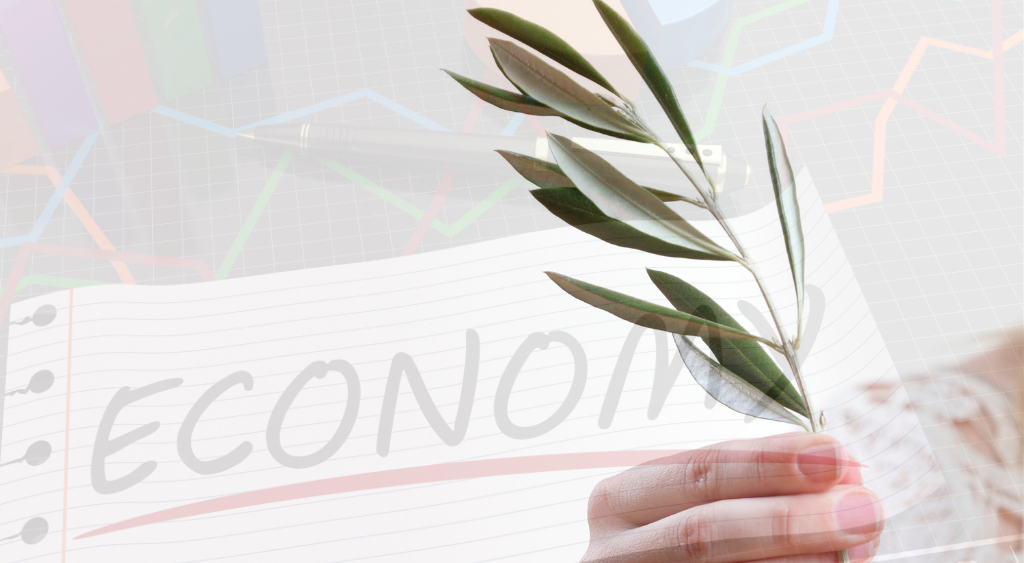LE SOCIETA’ BENEFIT: VERSO UN NUOVO (ED EMERGENTE) PARADIGMA IMPRENDITORIALE
Pressoché triplicate rispetto a qualche anno or sono, la diffusione capillare e costante delle società benefit nel nostro Paese pone inedite ed importanti sfide (ambientali, sociali, culturali e normative) per quelle società che decidono fattivamente di coniugare al tradizionale obiettivo di profitto, una o più finalità di beneficio comune, e cioè operando in maniera responsabile, sostenibile e trasparente nei confronti di persone, comunità, territori e ambiente.

